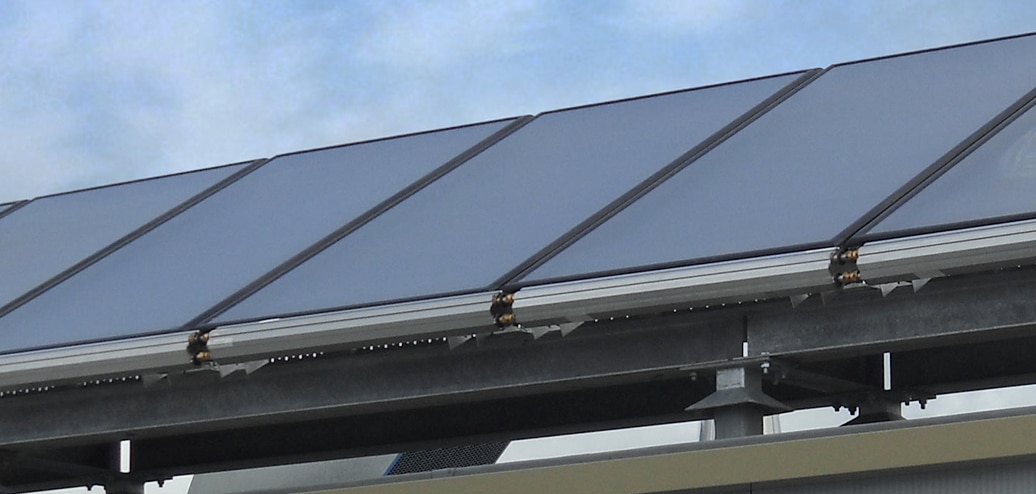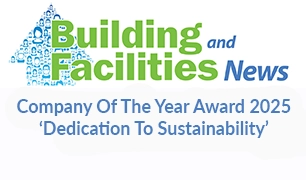Rooftop Solar – now is the time to act
Rooftop solar has hit the headlines with the publishing of the REPowerEU strategy by the European Commission. Incorporating three main elements – energy savings, diversification of energy supplies and accelerated roll-out of renewable energy, the Commission is proposing an increase in its target for renewables to produce 45% of the EU’s energy by 2030, up from 40%.
As part of the renewable energy roll-out, the strategy has outlined a major initiative for the installation of rooftop solar panels. Initial details suggested the strategy would push countries to use EU funding and launch support programmes for rooftop solar panels and install solar energy in all suitable public buildings by 2025. EU and national governments were also to take action this year to limit permitting times to within three months for a more rapid rollout of rooftop installations.
As in the UK, solar turnaround had yet to be formally addressed by the EU, even though it is a proven technology.
Countries including Spain, Austria and Lithuania had been petitioning Brussels to tackle the issue with legal tools, such as requiring new buildings to have solar rooftops on flat roofs, public buildings and supermarkets across Europe, rather than relying on current voluntary schemes.
With the publication of the proposed strategy, the EU has opted to go much further in its support of solar, requiring all new buildings be fitted with rooftop solar panels. The ‘solar rooftop initiative’ would bring in a legal obligation to install solar panels on public and commercial buildings, as well as residential properties, constructed within European Union territory.
The mandatory solar panel proposal encompasses both solar PV for the production of electricity and solar thermal for water heating as part of the Union’s desire to quickly phase out dependency on Russian gas, oil and coal imports. This process would require doubling the bloc’s capacity for capturing solar power, as well as deploying twice as many heat pumps. Meanwhile, the Commission has suggested upping its energy efficiency target through cutting consumption by 13 per cent by 2030. The process of mandating solar installation will, it is estimated, cost an extra 210 billion euros, with investment to come from a mixture of the public and private sectors.
The EU’s decision to commit its support to solar makes absolute sense, the technology is well understood, is genuinely renewable and has improved considerably in terms of efficiency making it a more compelling investment with a faster return of investment compared to 10-15 years ago. This is especially the case for solar thermal which rather than generating electricity, transfers energy to water heating systems. For commercial projects, especially refurbishment of existing properties that are on gas, it provides a realistic method for upgrading existing systems. Solar thermal alone will not generate the full hot water demand for a building, but combined with gas-fired or electric top-up heat it can help meet 100% demands, whilst reducing the need for gas. Though complex, solar thermal and heat pumps can also be combined in hybrid DHW systems to further efficiencies and reduce or entirely remove dependence on gas, making the technology a key building block for attaining net zero.
The UK government’s focus on heat pumps and district heat networks is laudable, but both require further development, especially to meet the demands of the commercial sector where much of the legacy building stock would be better served by rooftop solar thermal for sustainable water heating. The complete absence of government strategy, or support for solar technologies in the UK is at best baffling. The hope is that the European Commission’s strategy will influence decision makers in this country to reconsider the advantages of investing in solar as part of our drive towards net zero by 2050.
















